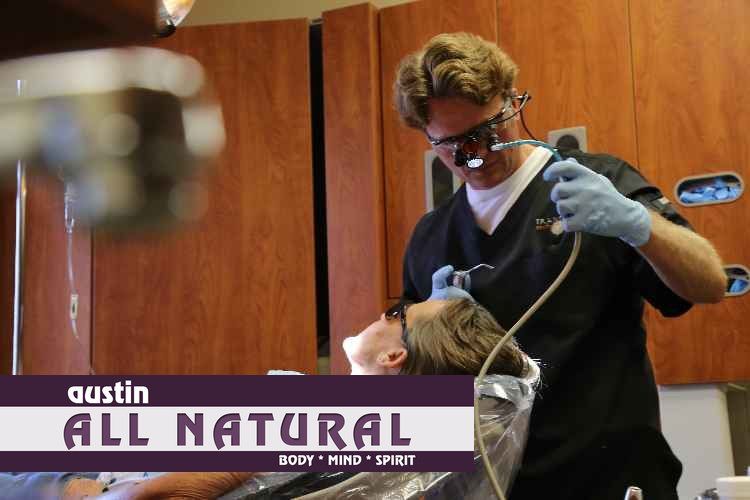Safe Dental Materials List
TDH Office • April 29, 2020
Please remember that these materials are not good for everyone. In other words, you may be sensitive to some or all of these materials. That’s why we incorporate several different methods to determine biocompatibility.
Here are the three methods:
- Electrodermal Testing (EDT) or Electrodermal Screening (EDS) or Electroacupuncture according to Voll (EAV)
- Applied Kinesiology aka Muscle Testing
- Blood-Serum Testing from Biocomp Laboratories
Which one is best for you?
That depends. We’ve seen instances where one patient is ok with the Blood Serum testing for a material, but when we muscle test them, they are “weak.”
Just remember that most dentists do not use biocompatible materials. They use what works best in their hands. In fact, most don’t even know or use the word biocompatible. In my opinion, they should know what’s in the dental materials before they use them. AND…it is important for you to ASK. I mean… it is your mouth and your money so please make that extra effort to ask the dentist what it is.
WARNING:
This list has changed multiple times in the past year. We always stay on the cutting edge of new dental products, and sometimes patients come to us with better, more biocompatible products. When that happens, we’ll update this list. So keep this list handy and check back here often for updates. I can honestly say that I’ll be updating this list (taking off products and adding dental materials) about every three months.
BIOCOMPATIBILITY TESTING
Transcend Dental uses Biocomp Labs for biocompatibility testing.
Please watch the video below for more info about biocompatibility and reactivity.
Reactivity is the amount of change occurring within the immune system when it is subjected to a foreign substance. All foreign substances introduced to the body will elicit a response from the immune system, including dental materials.
BioComp’s objective is to measure immune system response on an individual basis using our sophisticated blood serum procedure. The end result is the Biocompatibility test – a comprehensive report which simply states whether the dental materials are highly reactive, moderately reactive, or least reactive. This information allows the individual to learn about and avoid dental toxicity by using the least amount of reactive materials possible.
A “highly reactive” material can often prove to be a contributing factor in taxing the immune system over time. This condition can open the door to a wide variety of medical problems or worsen medical problems which may already exist. The results of this test work as a consulting tool to help dentists and other medical professionals when choosing materials. Of course, it’s up to the doctor to have the final say on what material should be used. Biocompatibility testing is a tool; it’s not necessarily the final determining factor for dental restorations.
It is the responsibility of each professional to choose the materials they use. In some special cases, a highly reactive material may be required in order for some restorations to be completed. Our overall goal is to provide both dentist and client with the correlative data so that they can each make informed decisions.
The above information is gathered from Biocomplabs.com.





